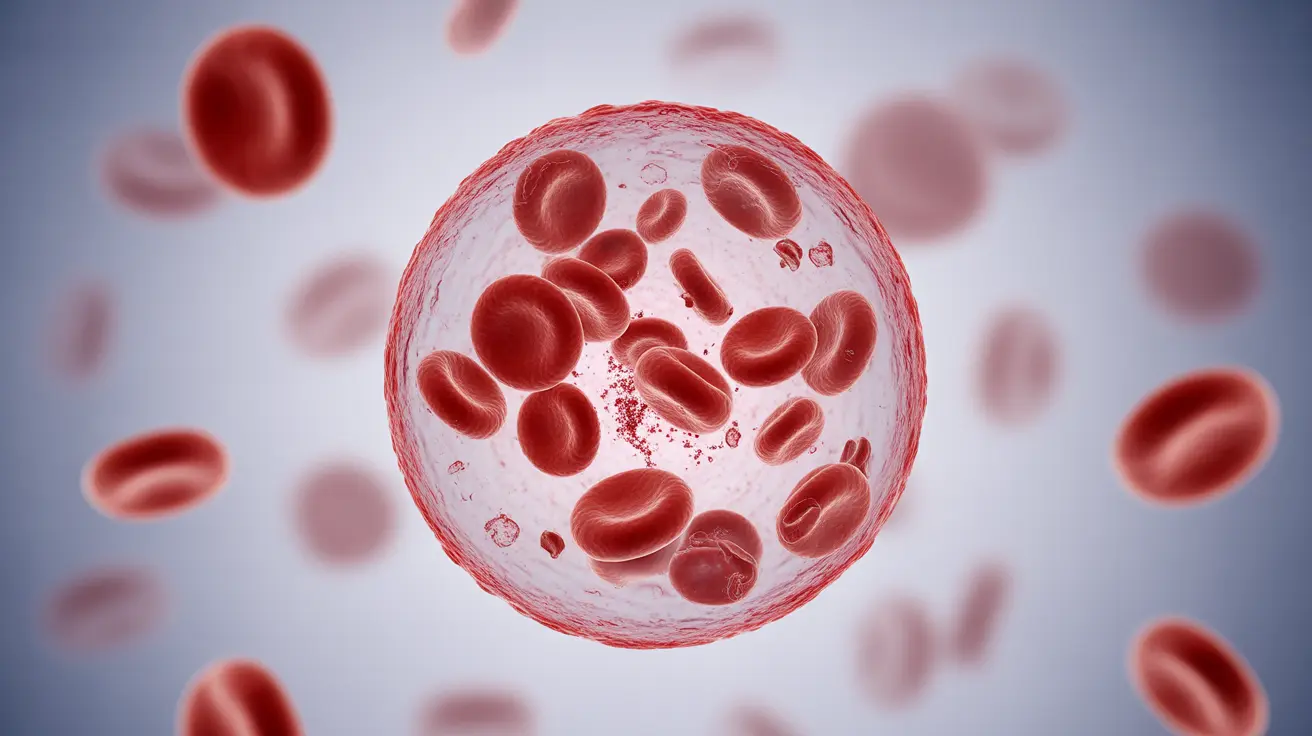If you have von Willebrand disease and are considering donating blood, it's important to understand how this bleeding disorder affects your ability to participate in blood donation. This condition, which impacts your blood's clotting ability, typically prevents individuals from being eligible blood donors due to safety concerns for both the donor and potential recipients.
Let's explore why blood donation centers generally defer individuals with von Willebrand disease, the associated risks, and alternative ways to support blood donation efforts in your community.
Understanding von Willebrand Disease and Blood Clotting
Von Willebrand disease is a genetic bleeding disorder that affects the blood's ability to clot properly. This condition occurs when you're missing or have low levels of von Willebrand factor, a protein that helps blood cells stick together to form clots and stop bleeding.
There are several types of von Willebrand disease, ranging from mild to severe, but all can impact how effectively your blood forms clots after an injury or medical procedure.
Blood Donation Restrictions for People with von Willebrand Disease
Blood donation centers typically defer individuals with von Willebrand disease from donating blood for several important reasons:
- Safety concerns for the donor
- Potential complications during the donation process
- Quality requirements for donated blood
- Risk of bleeding complications post-donation
These restrictions are put in place to protect both the donor's health and ensure the safety and effectiveness of the blood supply.
Health Risks Associated with Blood Donation
For individuals with von Willebrand disease, blood donation can pose several significant risks:
- Prolonged bleeding at the needle insertion site
- Difficulty forming proper blood clots
- Increased risk of developing hematomas
- Potential for excessive blood loss
- Longer recovery time after donation
Medical Guidelines and Blood Center Policies
Blood centers follow strict guidelines when screening potential donors. These policies typically require donors to:
- Be free from bleeding disorders
- Have normal blood clotting function
- Meet specific hemoglobin level requirements
- Have no current medical treatments for bleeding disorders
Alternative Ways to Support Blood Donation
While you may not be able to donate blood yourself, there are many valuable ways to support blood donation efforts:
- Organize blood drives in your community
- Volunteer at blood donation centers
- Share information about blood donation on social media
- Encourage eligible friends and family to donate
- Participate in blood donation advocacy and awareness campaigns
Frequently Asked Questions
Can people with von Willebrand disease safely donate blood?
No, people with von Willebrand disease typically cannot safely donate blood. The condition affects blood clotting ability, making donation potentially dangerous for the donor and affecting the quality of donated blood.
Why are individuals with von Willebrand disease usually deferred from blood donation?
These individuals are usually deferred because of the increased risk of bleeding complications during and after donation, as well as concerns about the quality and safety of the donated blood for recipients.
What risks does blood donation pose for someone with von Willebrand disease?
The main risks include prolonged bleeding at the donation site, difficulty forming blood clots, potential for excessive blood loss, and increased risk of developing hematomas or other bleeding complications.
How does von Willebrand disease affect blood clotting and cause bleeding symptoms?
Von Willebrand disease affects the blood's clotting ability by reducing or altering von Willebrand factor, a protein essential for proper blood clot formation. This can lead to extended bleeding times and difficulty forming stable blood clots.
What are alternative ways to support blood donation if you have von Willebrand disease?
You can support blood donation by organizing blood drives, volunteering at donation centers, raising awareness about blood donation needs, and encouraging eligible donors to give blood regularly.




